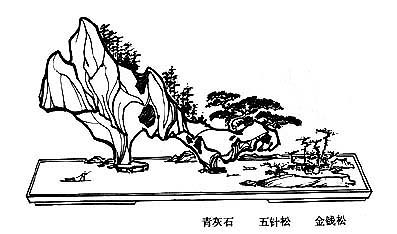論
語
Lun Yu 
 – The Analects of Confucius
– The Analects of Confucius
The Master discusses with his disciples and unveil his preoccupations with society. Tr. Legge (en), Lau (en) and Couvreur (fr).
Lunyu XVII. 23. (470)
Valour to be valued only in subordination to righteousness; its consequences apart from that.
Tsze-lû said, "Does the superior man esteem valor?" The Master said, "The superior man holds righteousness to be of highest importance. A man in a superior situation, having valor without righteousness, will be guilty of insubordination; one of the lower people having valor without righteousness, will commit robbery."
Legge XVII.23.
Tzu-lu said, 'Does the gentleman consider courage a supreme quality?' The Master said, 'For the gentleman it is morality that is supreme. Possessed of courage but devoid of morality, a gentleman will make trouble while a small man will be a brigand.'
Lau [17:23]
Tzeu lou dit : « L'homme honorable n'a-t-il pas en grande estime la bravoure ? » Le Maître répondit : « L'homme honorable met la justice au-dessus de tout. L'homme honorable qui a de la bravoure et ne respecte pas la justice provoque le désordre. Un homme de peu qui a de la bravoure et manque de justice devient brigand. »
Couvreur XVII.22.

The Analects of Confucius – Lun Yu XVII. 23. (470) – Chinese on/off – Français/English
Alias the Lunyu, the Lun Yü, the Analects, les Entretiens du maître avec ses disciples.
The Book of Odes, The Analects, Great Learning, Doctrine of the Mean, Three-characters book, The Book of Changes, The Way and its Power, 300 Tang Poems, The Art of War, Thirty-Six Strategies
Welcome, help, notes, introduction, table.
Index – Contact – Top























